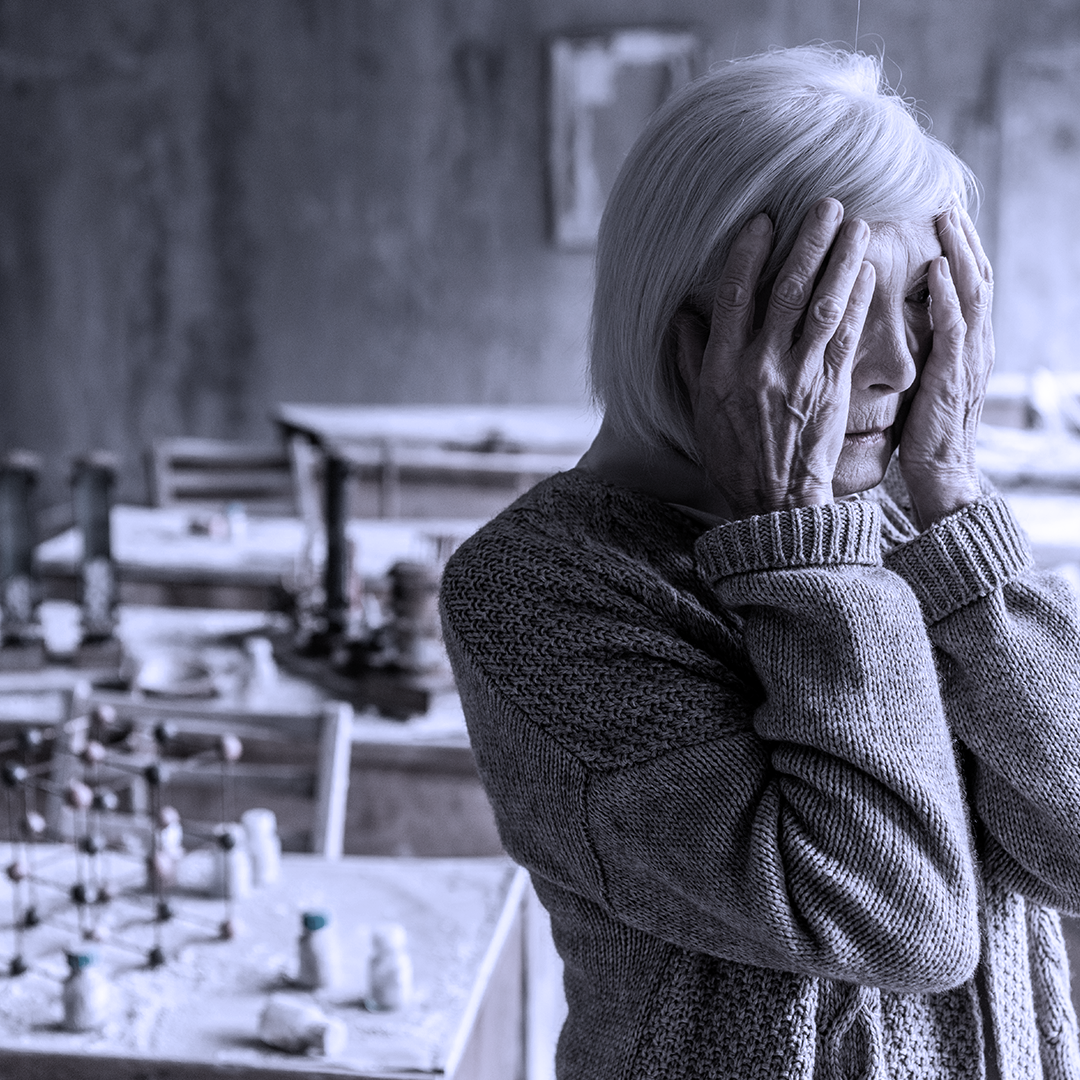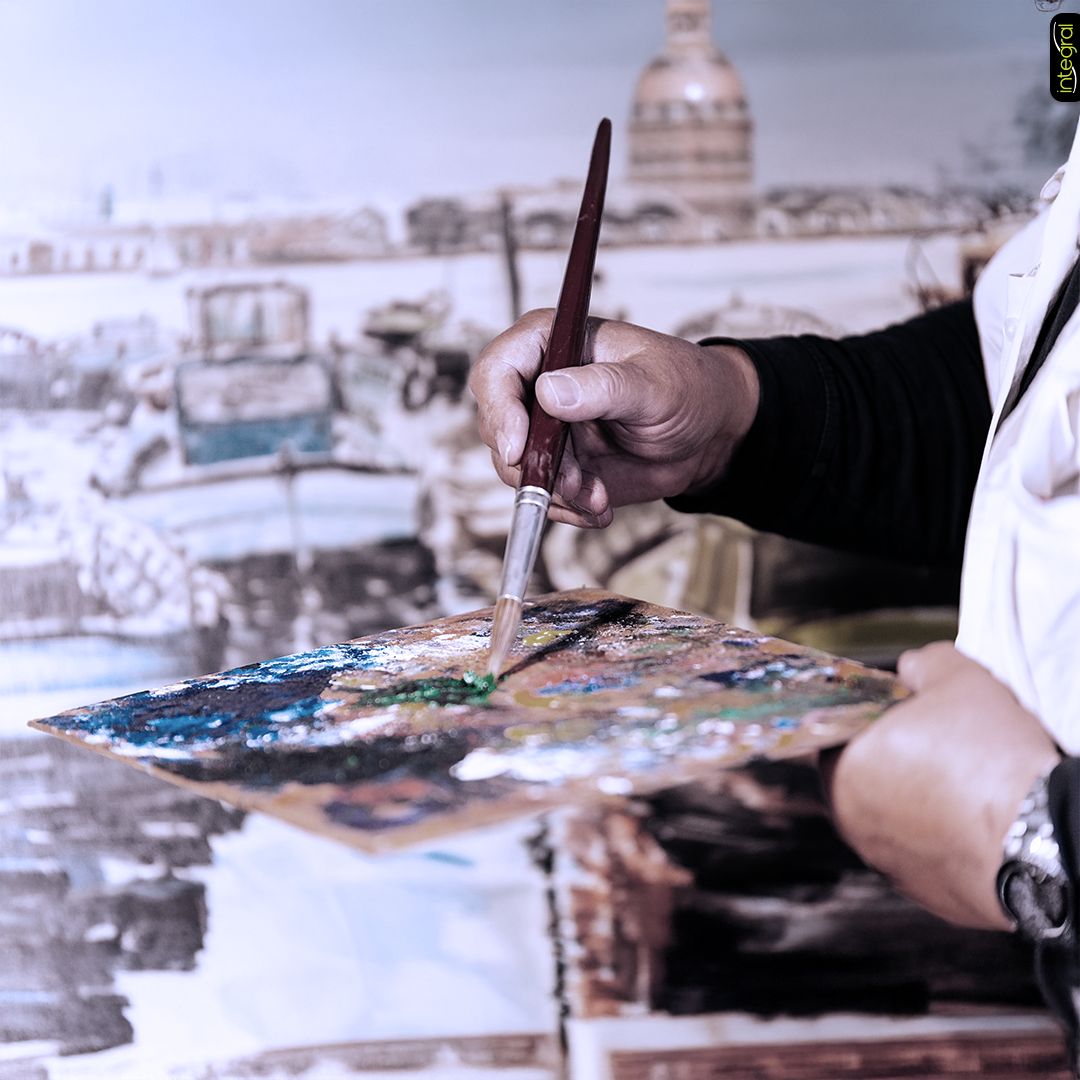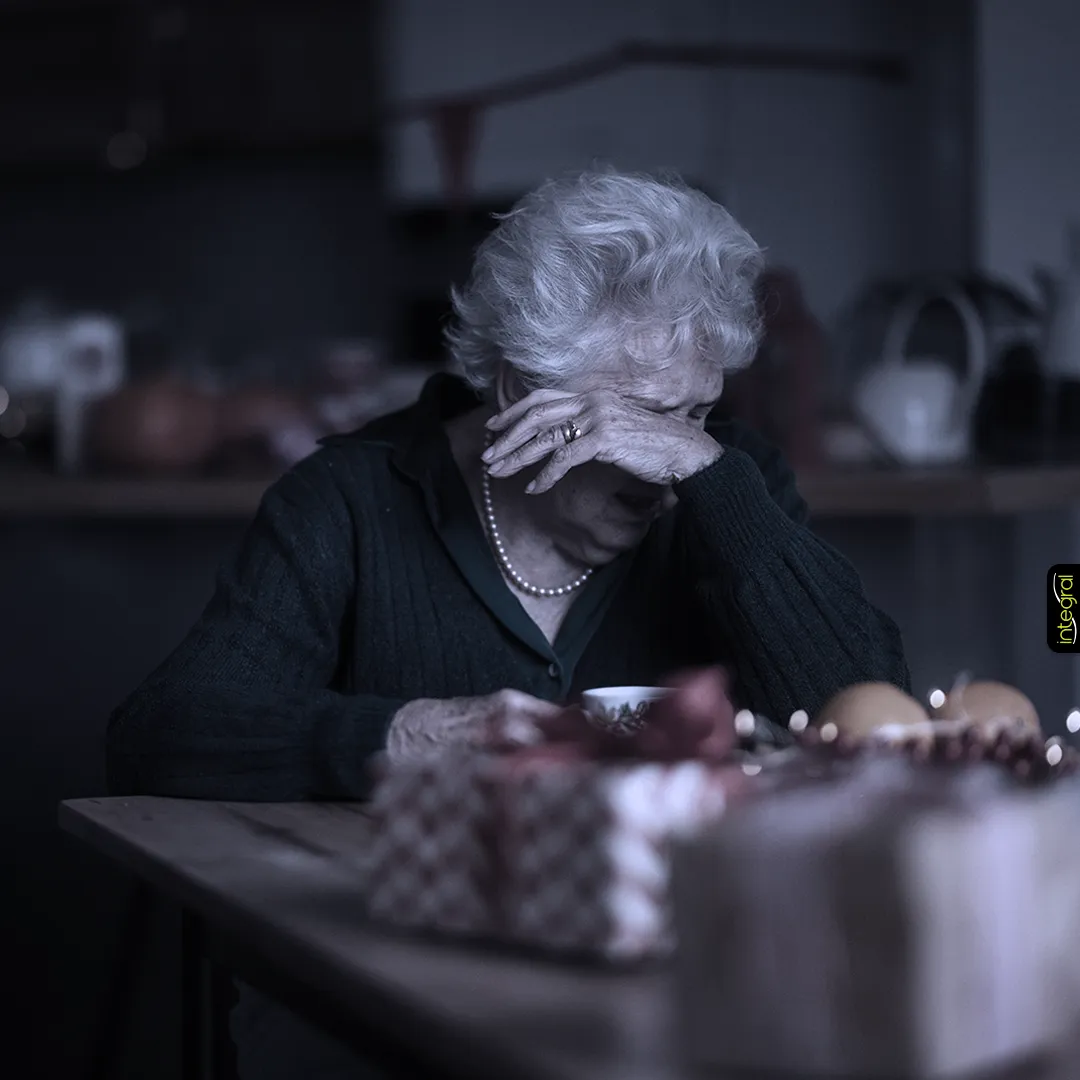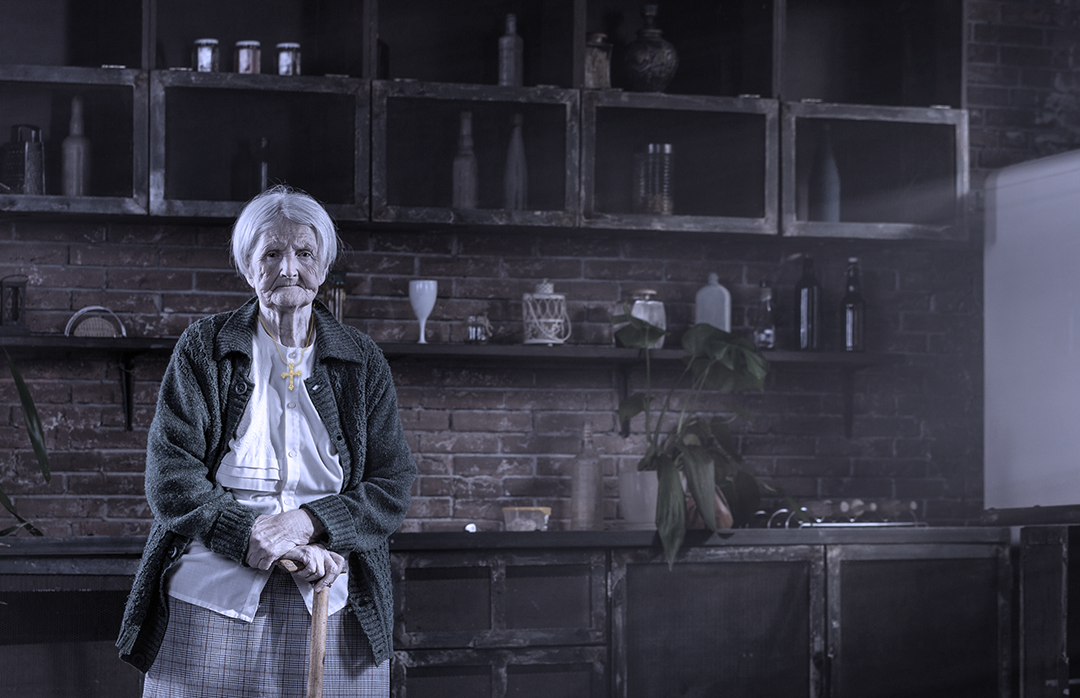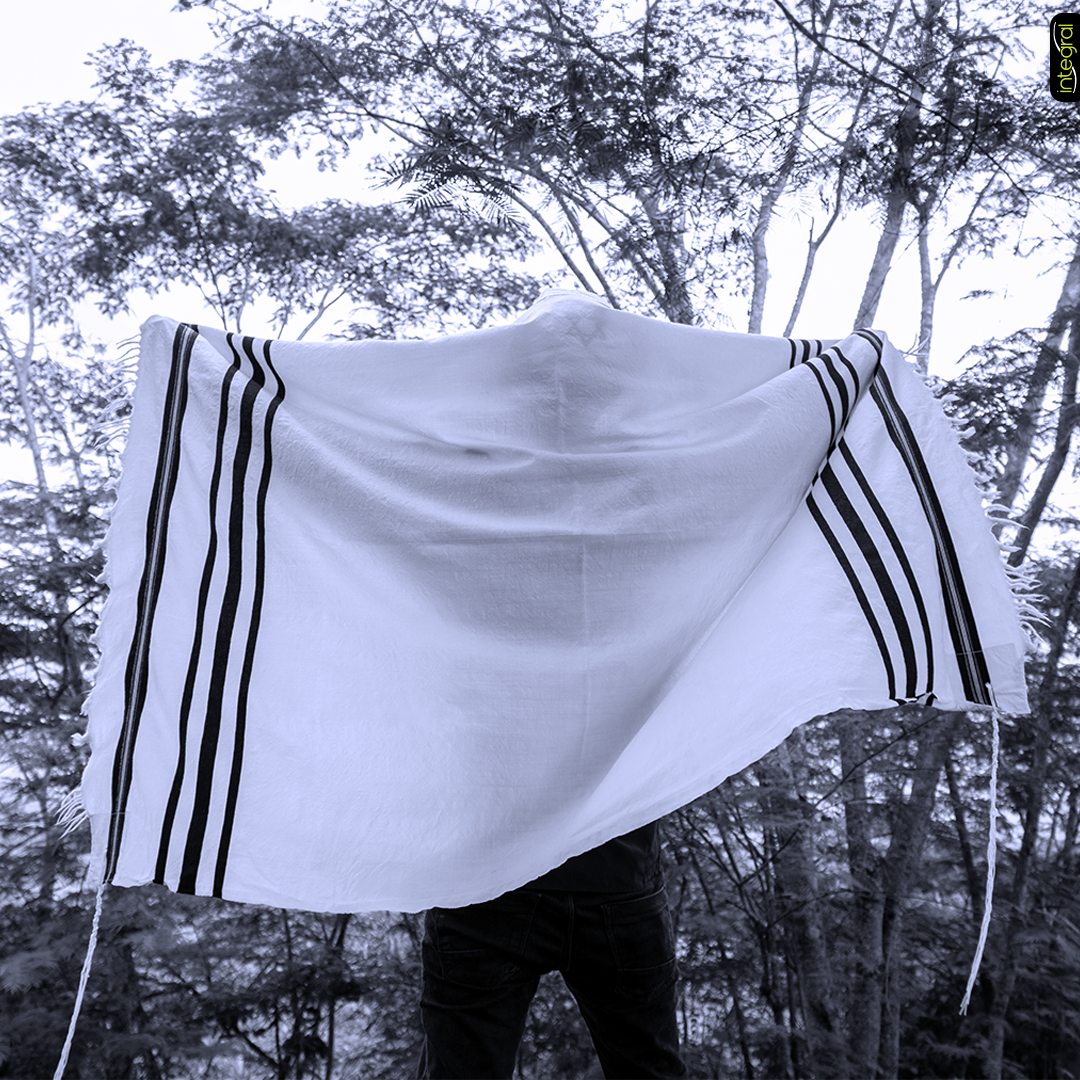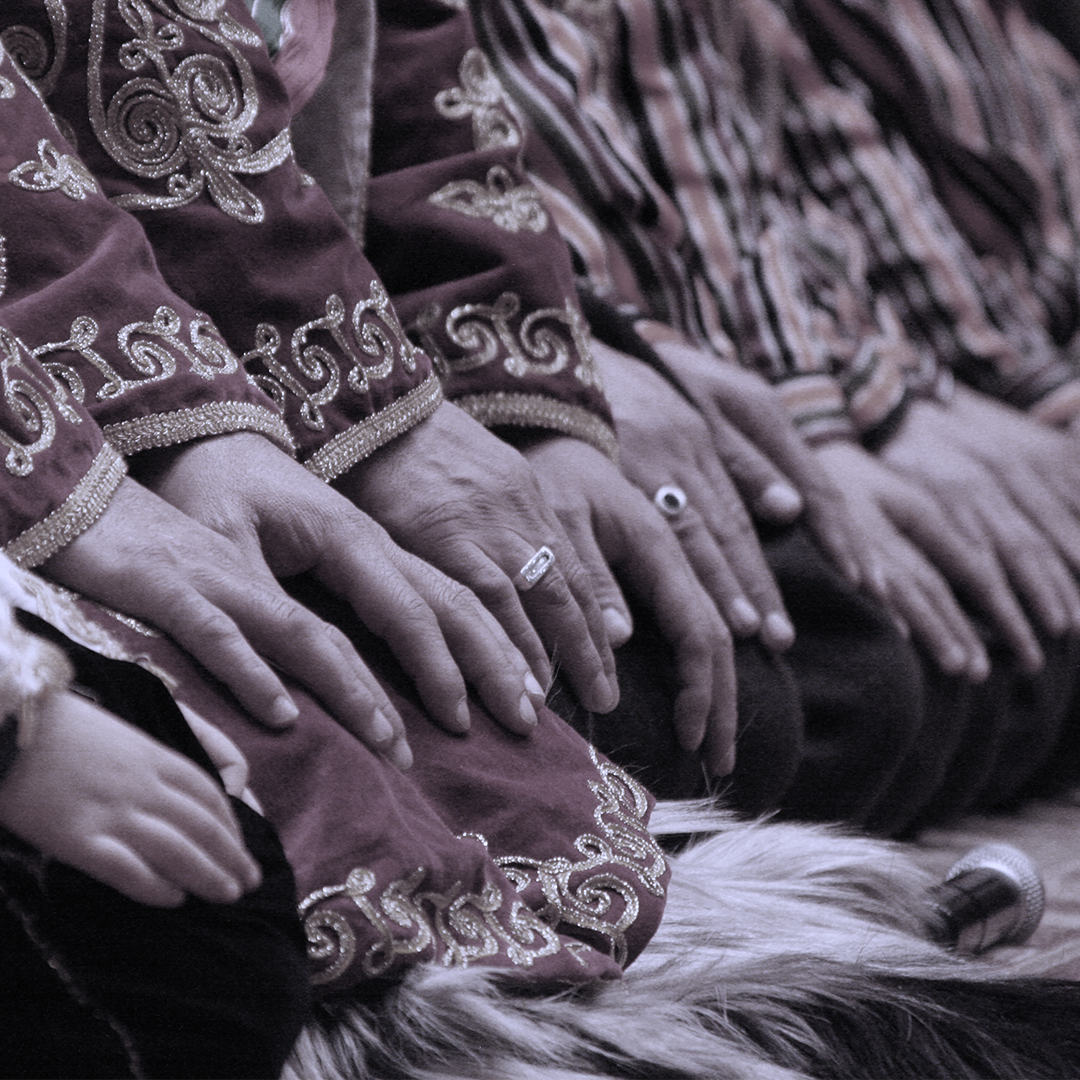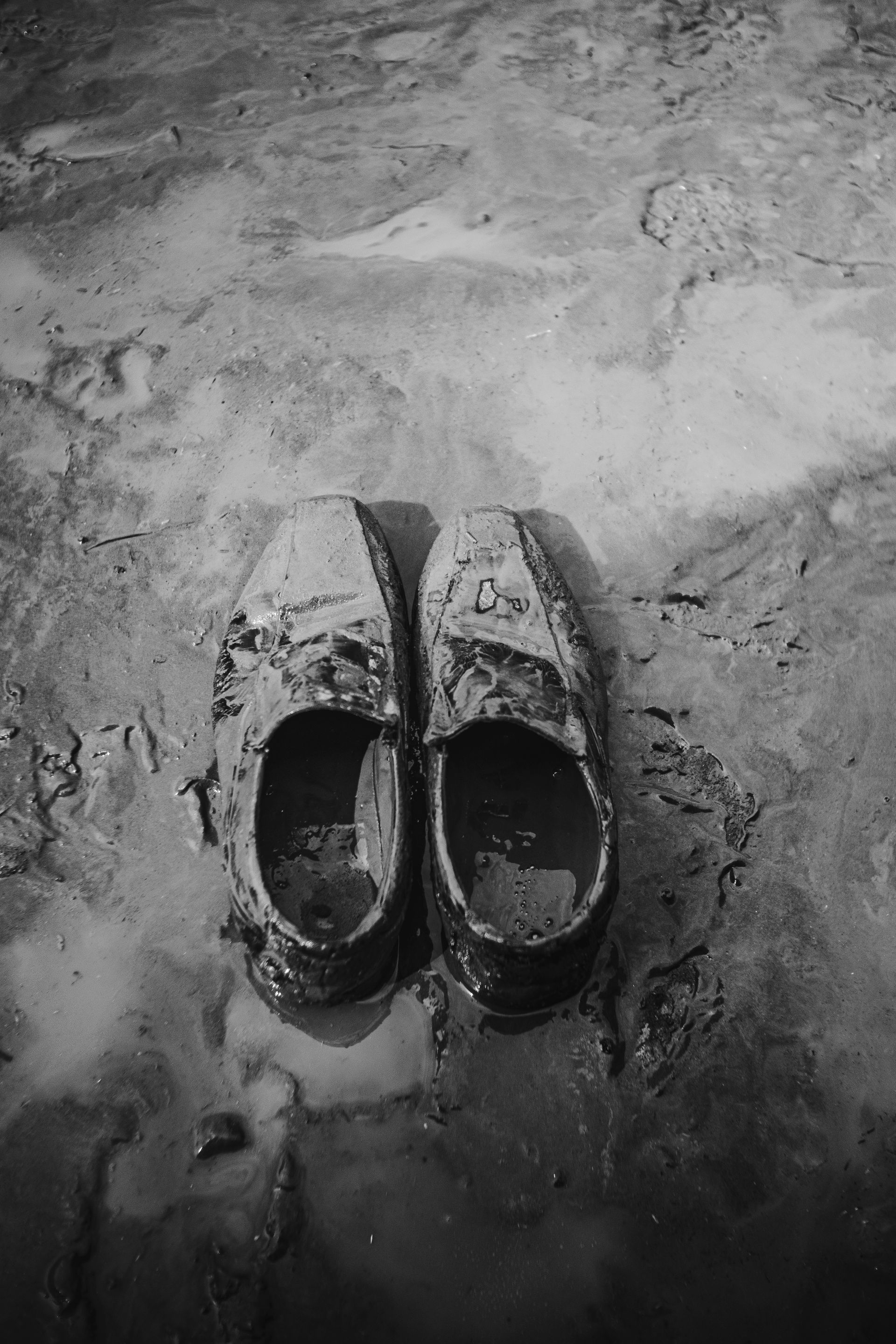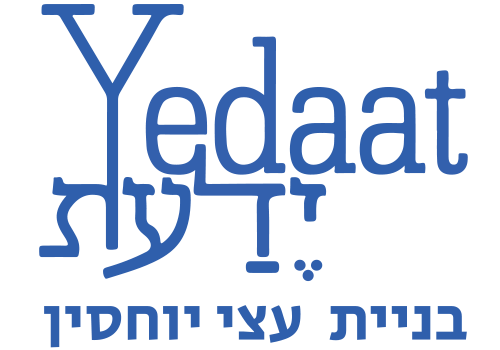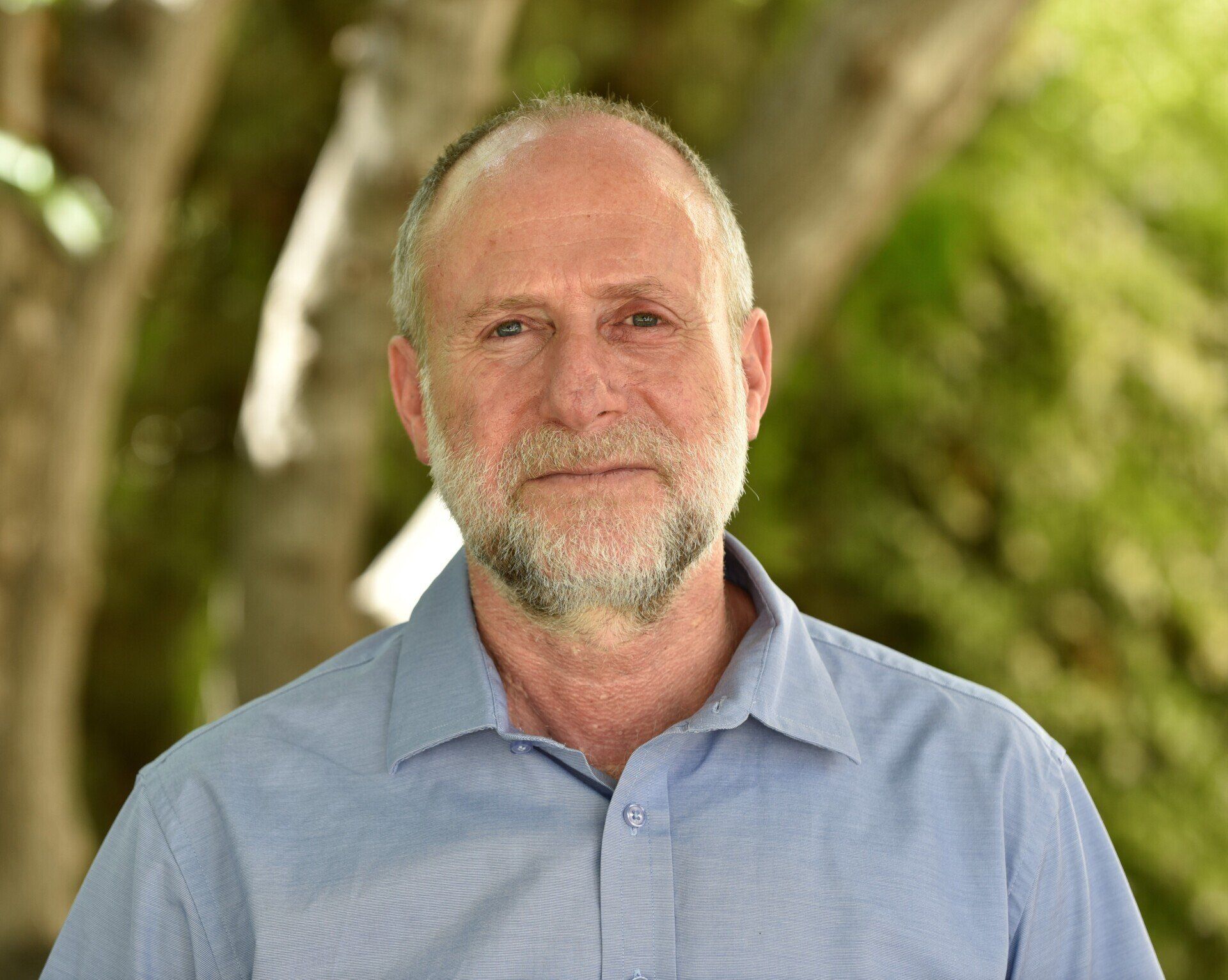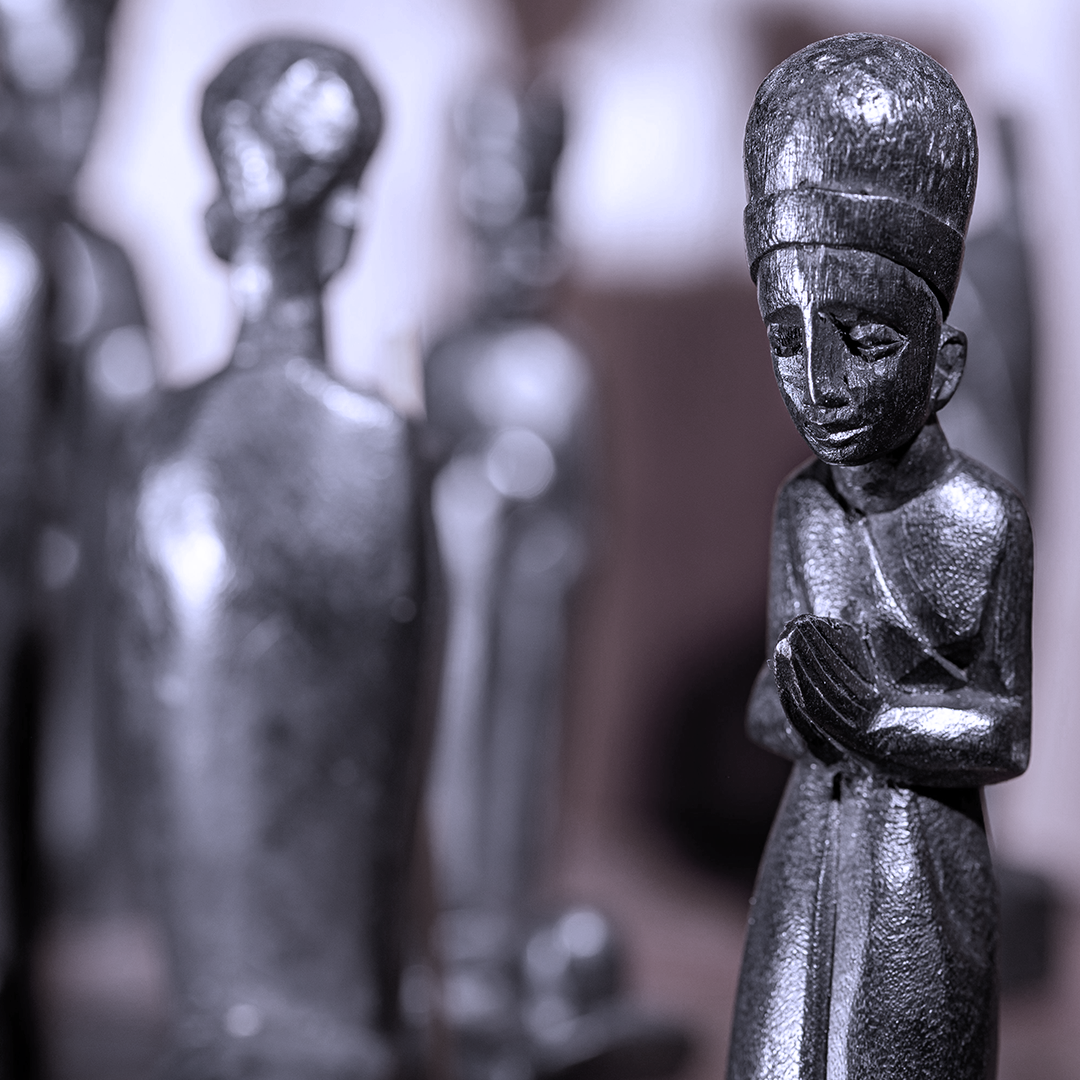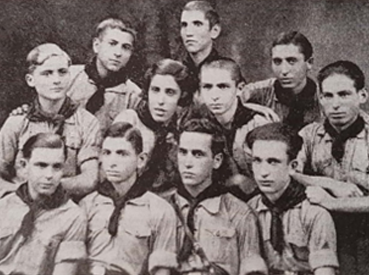מאת Aviad Ben Izhak
•
20 באפריל 2025
A unique story for Holocaust Remembrance Day Winter 2003, Ra'anana The Shabbat dinner had ended. Frida felt tired and needed to rest. She rose from her chair, walked toward the living room armchair, sat down, and watched her children and grandchildren run around the spacious house. A great sense of pride filled her heart, and her eyes sparkled with happiness. This was the best time of her week; she longed and waited for it, sitting with her children and grandchildren, witnessing her enormous victory against all odds, the talented children she had raised, and now their children. "May they only stay healthy," she silently wished. She regretted that Haim was not with her. Haim, who had passed away a few years earlier due to that terrible illness. Haim, who had walked with her from the displaced people camps in Europe after the war, all the way to creating a magnificent family in Israel. Hadar walked toward her, smiling warmly as always. "Saftul," she said, using the nickname she had invented as a little girl—a name only she used. "Saftul, I’m in the officers’ course and wanted to request something." "I know you’re in the officers’ course, Hadari’le," Frida replied. "I told all my friends what a general we have in the family." "Not a general, Saftul, just an ordnance officer," Hadar giggled. "To me, you’re General Hadari," Frida said, thinking how proud she was of this girl. "Saftul, do you remember our conversation? I wanted to ask again. I know it’s hard, and you’ve never spoken about it, but maybe you could come to our course and tell us a little about what you went through in the Holocaust?" "I’d like to, Hadari, but I don’t think I can. I wouldn’t be able to sit there and talk. It’s too much." "It’s on January 15, Saftul. We’ll come to pick you up. It’s nearby—just a half-hour drive, and you’ll only need to speak for half an hour. Not too long." "What did you say, Hadari? When is it?" "January 15. In the morning." "January 15 is my birthday. A milestone birthday, actually." "What do you mean, Saftul? We just celebrated your birthday a few weeks ago." "My second birthday. An unbelievable story. That one I definitely couldn’t tell in front of other people." "Maybe you can tell me. I’ll record you and then play it for the course. What do you say, Saftul? It means a lot to me, and not just to me. My friends don’t know much about the Holocaust." "Alright," she said. "Let’s do it." Within minutes, Hadar returned with the tape recorder. The clatter of clearing dishes from the table ceased, and silence fell as if by magic. All the surrounding hustle faded too. "I’m recording, Saftul. You may start." Frida leaned her head back and began to speak. Since her eyes were closed, she didn’t notice that everyone around her had quietly gathered, sitting wherever they could find space—some even on the floor—listening in absolute silence. Winter 1943, Auschwitz-Birkenau ‘This is it, Frida, it’s the end. No one ever survived this. The only way out is through the smoking chimneys.’ She had been in the camp for several months, watching her entire family march to their death, along with many of her relatives and friends. She sat and stared at the walls around her— ‘Is this where I die? Is this the last place I will see? And the snow I saw this morning on the way here, is this the last snow I’ll ever see?’ She wouldn’t raise a family; she would die like a dry branch with no continuation. ‘This is it. The hatch above will open in a few moments, and someone will drop the gas. They’ll drop it, and we’ll all die,’ she thought, envying the new girls who didn’t know what awaited them. She looked around. Inside the gas chamber, the "showers" as the Nazis called them, there were several dozen women, standing naked, their hair already shaved. ‘This is the last thing you will see, Freidela,’ she told herself, remembering her grandmothers who used this nickname with a heavy Yiddish accent in her small childhood town. Her thoughts wandered to her family’s house in that town, her uncles and aunts, her mother’s preparations for Shabbat. She remembered how hard her mother worked to gather whatever she could to cook something for Shabbat. She also remembered her father’s Kiddush on Friday night. Her thoughts raced back to better days when the boys started courting her, but she kept them at a safe distance, scared. She remembered her friends from the youth movement, a group that dreamed of founding a kibbutz in Israel and growing oranges. She had no watch, but she guessed quite some time had passed since they were locked in this room and nothing had happened. Usually, the gassing started right after the doors closed, but now, the doors had been locked for quite some time, and nothing happened. The women, standing on the frozen floor completely naked, started to shiver. Some began to turn blue. Slowly, carefully, they inched closer to one another to warm up. When the cold overcame them, they gently clung to one another. Frida made sure to push the ones turning blue to the center, and they occasionally swapped places. Time passed by, and nothing happened. ‘Am I even alive or am I dreaming?’ she asked herself again and again. Her thoughts wandered to her brothers and sisters, all of whom were murdered here. To Moyshale, who didn’t get to celebrate his Bar Mitzvah; to Chana, who got engaged to Yankel but would never marry him; to beautiful Tzirel, she refused to remember what the Germans did to her, and so on. She went over the names, one by one, dozens of family members, acquaintances, and friends. They were all murdered. She looked around, but nothing happened. She felt like screaming, ‘What are you waiting for? Why are you torturing us? Kill us and get it over with,’ but nothing came from her mouth. Time passed, and the women around her were almost all cold blue. Now they were all hugging each other and clinging more tightly. The cold had defeated their shame. Some girls had fallen into a stupor, their lips trembling from the cold. She lost track of time and sank into a stupor herself, waking up every now and then, unsure if she was still alive. All of a sudden, the doors opened, and two women rushed inside, shouting in Yiddish, "Out, women, out! Put on the clothes you left outside!" Frida pinched herself in disbelief. She found her clothes, which she had left in a bundle in the corner, and dressed. Covering her frozen body with clothes felt incredible to her. From then on, every day when she dressed, she remembered that moment when she put her clothes back on. Winter 2003, Ra'anana When Frida opened her eyes, she was astonished to see that everyone had gathered around her in complete silence, their mouths agape. "On January 15, 1943, I walked out with several dozen women from a place no one ever came out alive. That day, I was only millimeters away from death. On that date, I was actually born again. There were other times when I could have died, but they don’t count like this one. This time, there was so much time to think and wait for death, which in the end didn’t come," she said. "And you probably want to know what happened that they took us out of the gas chambers," she said, and took a long breath. The others nodded silently, unable to say a word. Hadar bit her lip and gently placed her hand, almost brushing, over her grandmother’s arm, the arm with the number tattooed on it. Frida took Hadar's hand in hers and kissed it. Hadar wiped away the tears from her eyes. Frida looked at her, trying to smile and barely managing to, holding Hadar's palm and gently squeezing it. "It took me years to gather the pieces of information," she continued. "A piece of information from here, another detail there, until the picture became clear. In the winter of 1943, thousands of German soldiers froze to death in Russia. Many lost limbs, and many others froze and died. Among the Germans, there was a constant disagreement. Some wanted to exterminate as many Jews as possible, while others wanted to use them as labor. "While we were waiting in the gas chamber, a great argument took place between the two sides, those who wanted to eliminate us and the industrialists who urgently needed women to sew coats and winter gear for the soldiers. That morning, fortunately for us, the need for coats prevailed. Later that day, we were taken, hundreds of young women, and transferred to a massive factory, where I sewed coats and clothes until I was liberated." March 2003, Central Israel The closing ceremony of the Ordnance Officers' course was nearing its end. Frida sat beside her daughter Gila, surrounded by the entire family, her eyes searching for Hadar. She leaned over for a moment and whispered in her daughter’s ear, "Gila, if I had told anyone back in Auschwitz that one day I would be here at a ceremony like this, in Israel, with my granddaughter, they would have told me I was completely crazy." Gila hugged her, smiled a mysterious smile, and didn’t say a word. The young officers performed drill exercises, marching left and right at the drill sergeant’s command, forming various shapes. The command "Stand at attention" was heard when the requested shape was created. Immediately after, the ceremony leader announced the shape that had just been created and said a few words about it. When the third shape was created, the officers stood in place. The ceremony leader announced, "The officers have created the name ‘Frida.’ Frida Eisenstadt Roth is our guest of honor today. Frida miraculously survived Auschwitz. Her granddaughter, Hadar Yarkoni, has been commissioned today as an outstanding officer." Then, he yelled, "Officers, salute!" Dozens of officers in all ranks stood up and saluted Frida, their eyes turned toward her. The crowd cheered enthusiastically. Frida pinched herself, covering her mouth.
